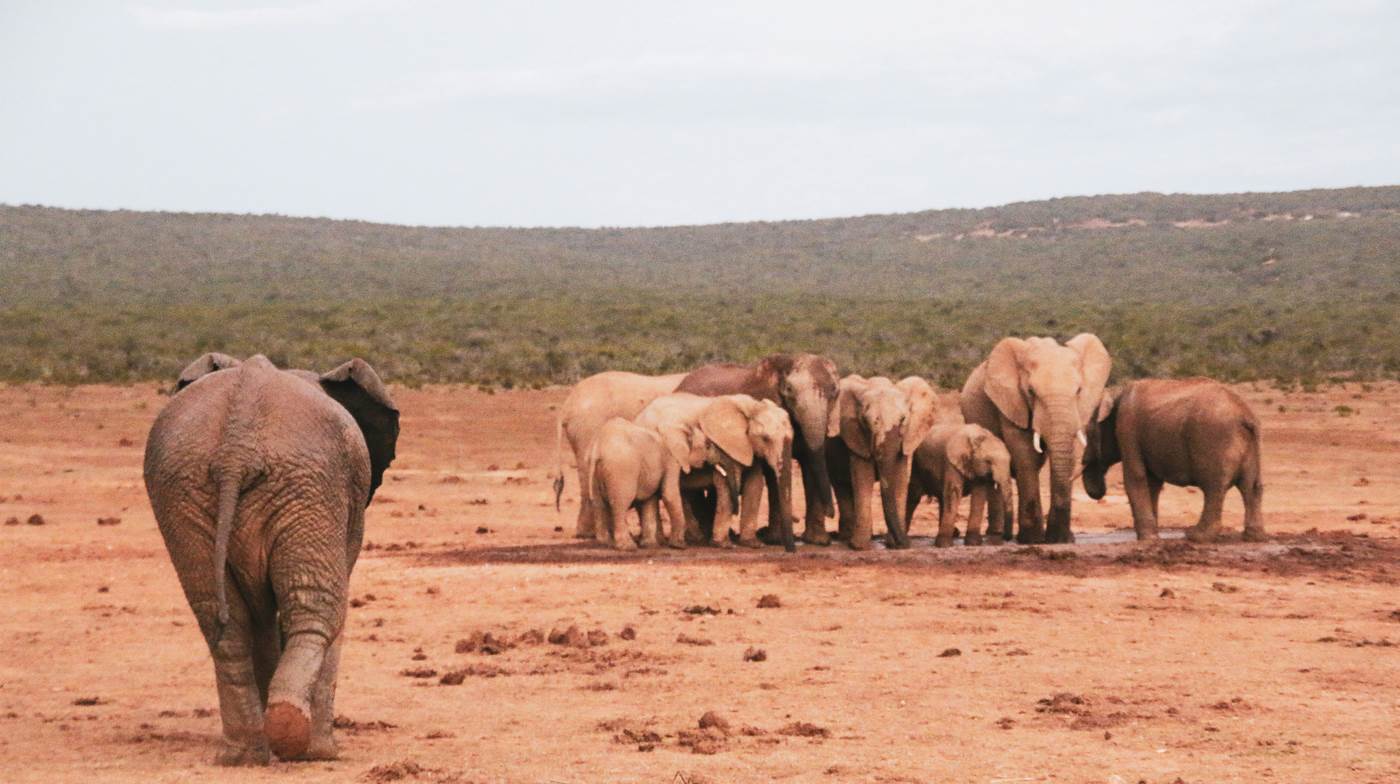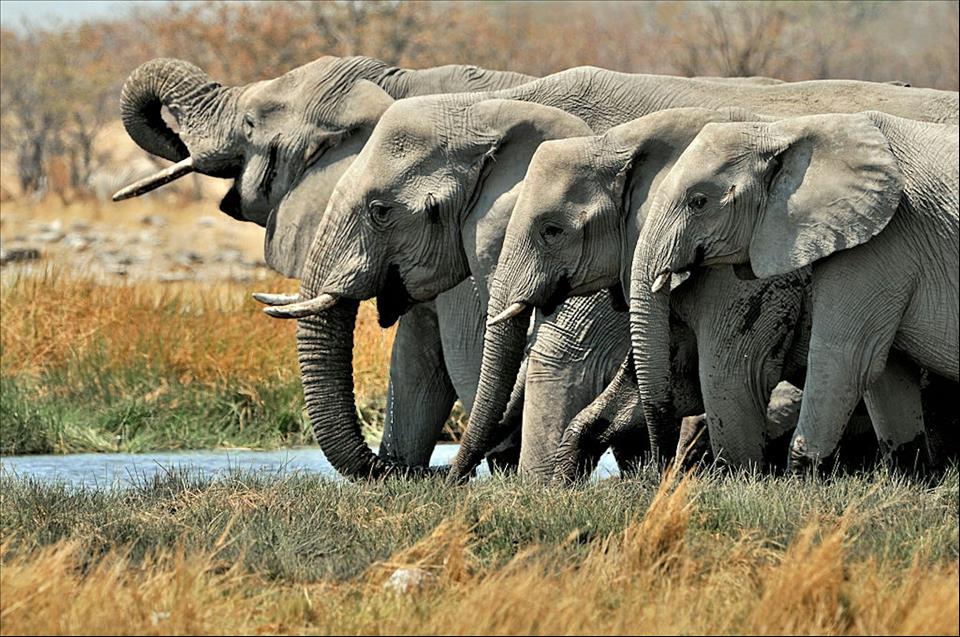Massachusetts has made headlines with its new law banning the use of exotic animals such as big cats, bears, and elephants in traveling exhibits and shows. This legislation, signed by Governor Maura Healey, marks a significant step forward in animal welfare.
Advocates like Sheryl Becker, who has been actively involved in this cause, see the new law as a major victory for animal rights.
Becker highlighted that the tragic death of an elephant named Beulah during the 2019 Big E fair played a pivotal role in advancing this legislation.
She praised the bill as “a huge success and long overdue” but emphasized that the fight to protect animals is far from over.
The new act prohibits the use of certain exotic animals in traveling performances, with exceptions made for animals in zoos, animals used in movies, and non-exotic animals like pigs and horses.
The Massachusetts Society for the Prevention of Cruelty to Animals (MSPCA) welcomed the law, calling it “a victory two decades in the making” and a result of persistent advocacy.
Despite the triumph, Becker and her organization continue to push for further legislation, such as the Puppy Mill bill, which aims to ban the retail sale of dogs and cats in the state.
The Eastern States Exposition, which includes the Big E fair, expressed disappointment in the new law.
They argue that their exhibits provide valuable educational experiences about animal care and encourage public appreciation for animals.
The legislation will take effect on January 1, 2025, and Massachusetts becomes the sixth state to pass similar laws.
This article by Trinity Sparke was first published by One Green Planet on 15 August 2024. Image Credit :David Tadevosian/Shutterstock.
What you can do
Help to save wildlife by donating as little as $1 – It only takes a minute.







Leave a Reply